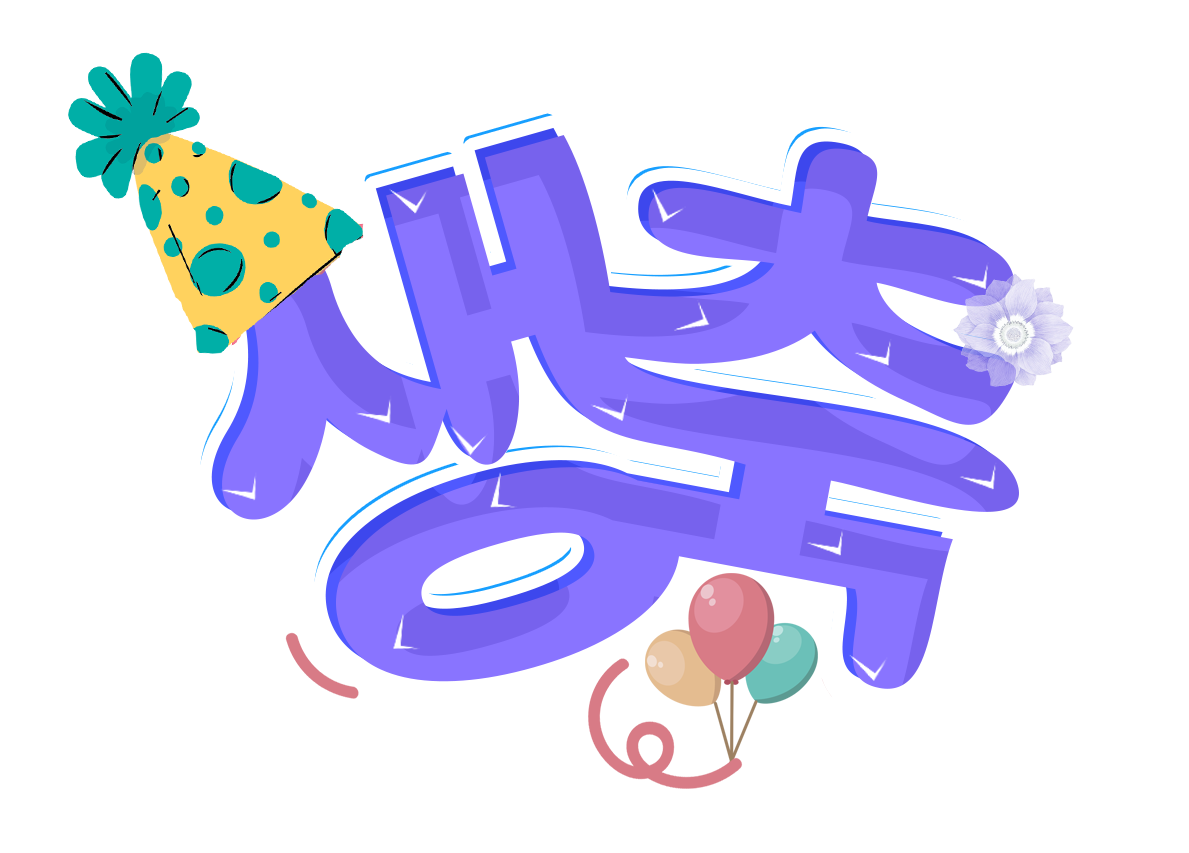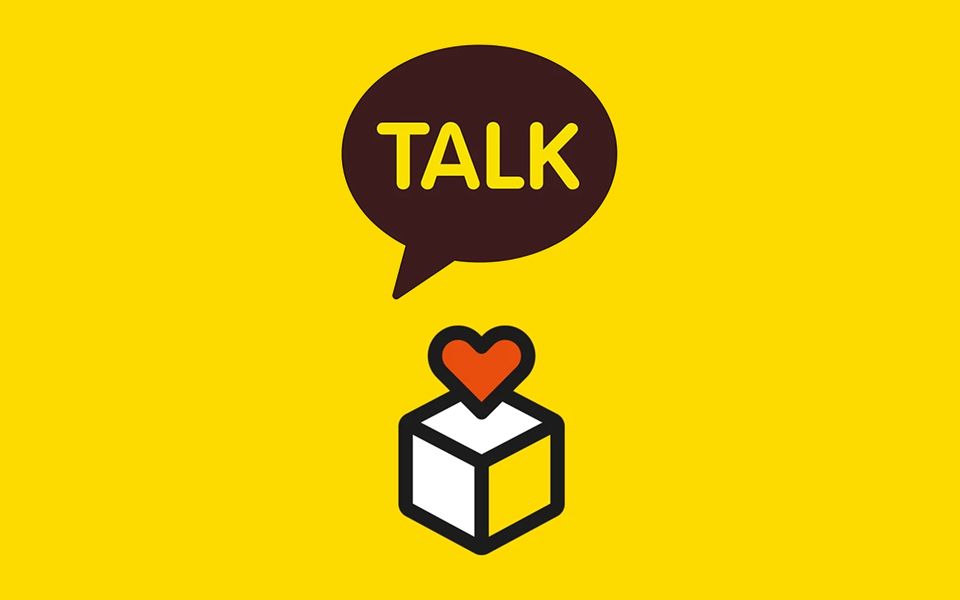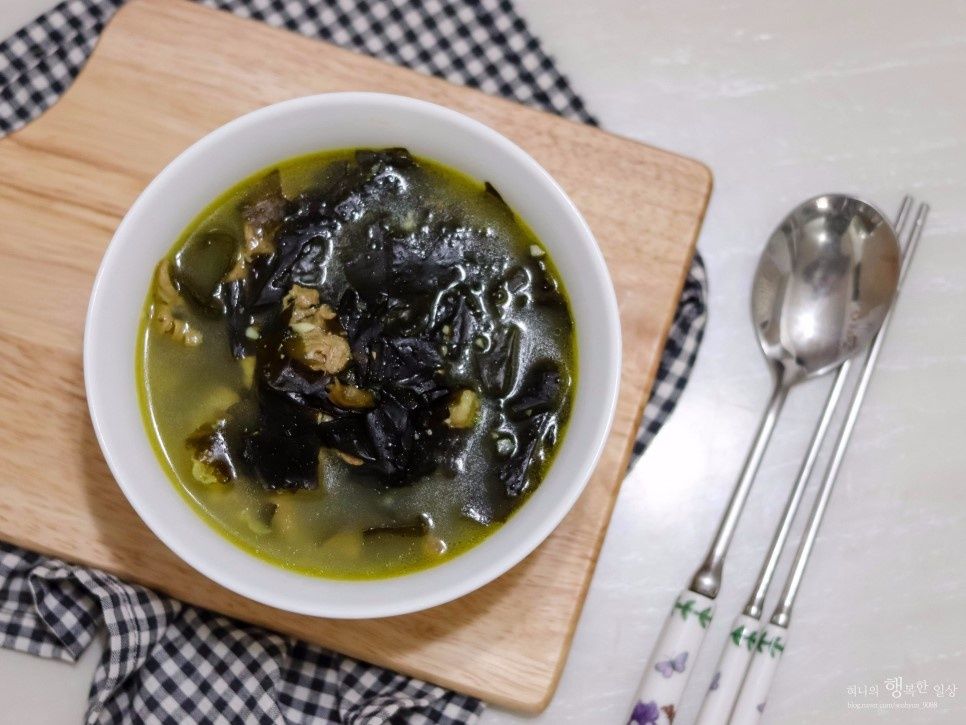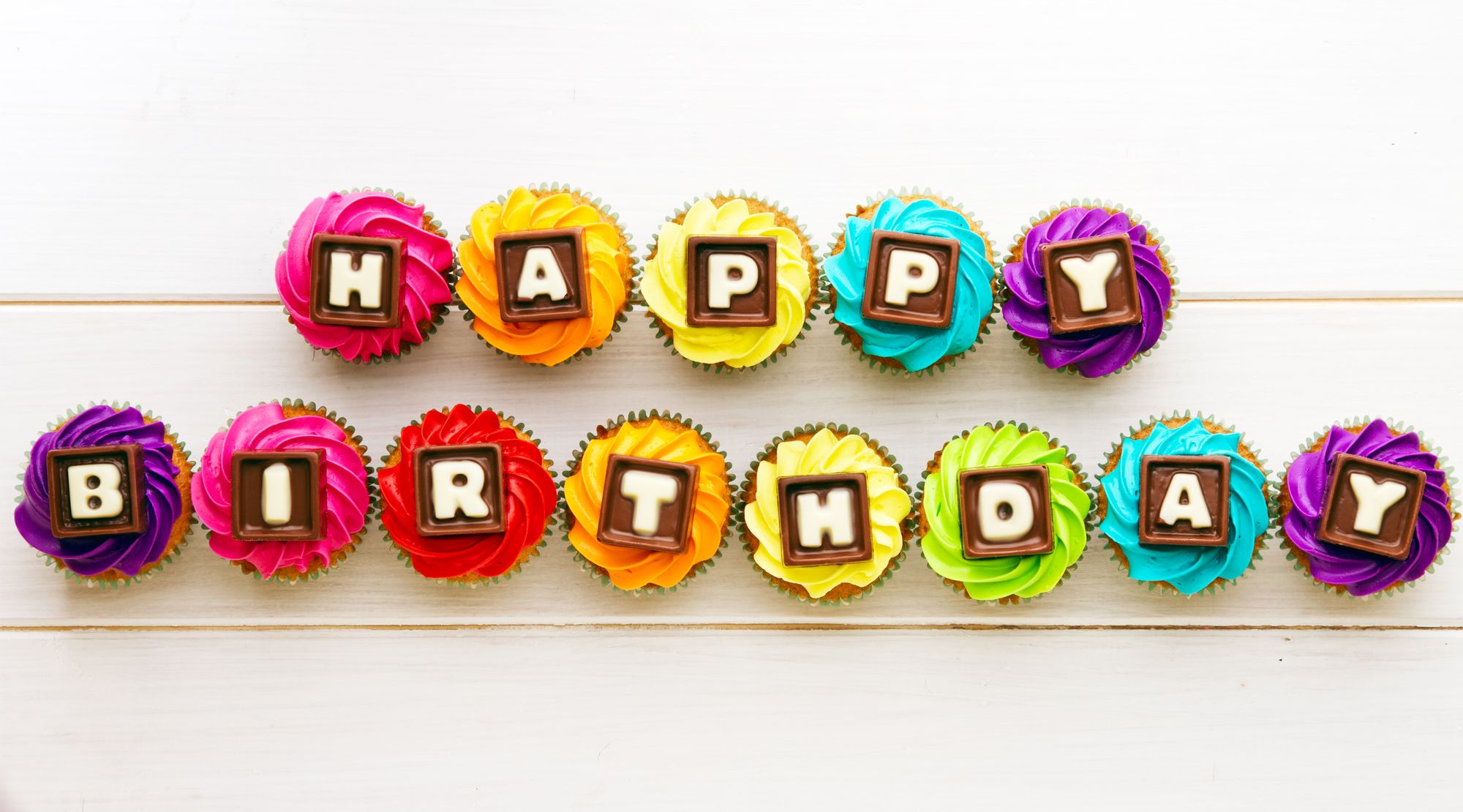Considering that ALL of us have birthdays, this article is essential to all Korean language learners. That is especially so if you have Korean friends!
In this article, you will learn the language aspects of how to say, ‘Happy Birthday!’ in Korean, and also learn some must-ask birthday-related questions. You will also learn about the cultural side of Korean birthdays.
Here's a summary of what's to come:
| Audio | English | Pronunciation | Speech Level |
|---|---|---|---|
| Happy birthday | saengil chukhahae | casual | |
| Happy birthday | saengil chukhahaeyo | polite | |
| Happy birthday | saengil chukhahapnida | formal | |
| Happy birthday | saengil chukha deuripnida | very formal | |
| How old are you? | myeot sarieyo? | polite | |
| How old are you? | naiga eotteoke doeseyo? | polite | |
| How old are you? | yeonsega eotteoke doepnikka? | formal | |
| What's your birth year? | myeot nyeonsaengipnikka? | formal | |
| I was born in 95 | 95nyeonsaengipnida | formal | |
| brithday | saengil | noun | |
| to congratulate | chukhahada | verb | |
| HBD | saengchuk | acronym | |
| how many | myeot | adverb | |
| age | sal | noun | |
| age | nai | noun | |
| age | yeonse | noun and formal | |
| how | eotteoke | adverb | |
| gifticon | gipeutikon | slang | |
| seaweed soup | miyeokguk | noun | |
| Hotel holiday | hogangseu | slang |
How to say Happy Birthday in Korean to different groups of people
As you may know, respect is a huge part of Korea’s culture and tradition. While there are many ways to say Happy Birthday in Korean, it is important to pick the most appropriate way according to who you are speaking to.

Read on to learn how to say Happy Birthday the way Koreans say it to friends, family, and acquaintances! Let’s start with the people closest to you.
1) To close friends and family who are younger or of the same age

생일 축하해! (saeng-il chug-ha-hae)
Doesn’t it sound easy? In fact, there are only two keywords within this expression:
생일 (saeng-il): birthday (noun)
축하하다 (chug-ha-ha-da): to congratulate (verb)
Just by looking at the meanings of the two words above, you can tell straight away that the Korean way of saying Happy Birthday isn’t a direct translation from English. In fact, you are congratulating someone because it is their birthday.
So, when you put these two words together to form a casual Korean sentence, you will get 생일 축하해 (saeng-il chug-ha-hae). Since it’s a casual sentence, use this greeting only with close friends and family who are younger than you or of the same age.
An example of such a person can be a close classmate of yours from university or a close colleague-friend of yours.

HOT TIP: A lot of times, Koreans like to use 줄임말 (jul-im-mal) or acronyms and the acronym for Happy Birthday in Korean is 생축 (saeng-chug). You simply take the first character of 생일 (saeng-il) and 축하하다 (chug-ha-ha-da) and put them together. 생축 (saeng-chug) is very casual so use it correctly!
2) To people of similar age or status

생일 축하해요! (saeng-il chug-ha-hae-yo)
Comparing this birthday greeting with the previous one, the inclusion of the 요 will make it more polite. You can use this sentence with friends and family of similar age or status.
An example of such a person can be a classmate of yours that you are friends with or a slightly older co-worker on the same hierarchical level as you.
3) To people who are older or those you are not familiar with

생일 축하합니다! (saeng-il chug-ha-hab-ni-da)
This birthday greeting is probably the safest option to choose from if you want to sound formal, polite and respectful. The word 축하하다 (chug-ha-ha-da) is transformed using the formal Korean ending to get 축하합니다 (chug-ha-hab-ni-da).
You can use it on people who are older or those you are not familiar with. An example of such a person can be a senior from your university or a senior coworker whom you are not very close with.
4) To people who are older and of higher status

생일 축하 드립니다! (saeng-il chug-ha deu-lib-ni-da)
By saying this birthday greeting, you are literally “giving your birthday congratulations”. The word 드립니다 (deu-lib-ni-da) means ‘to give’ in formal Korean WITH a formal ending (a double whammy of formalities). 생일 축하 (saeng-il chug-ha) literally translates to ‘birthday congratulations’.
As you can tell from the explanation, this birthday greeting is extra formal. Use it if you want to sound extra formal, polite and respectful. You can use it on people who are older and of higher status. An example of such a person can be a professor who teaches at your university or your boss at work.
5) To people who are much older than you

생신 축하 드립니다! (saeng-sin chug-ha deu-lib-ni-da)
The final birthday greeting that you will learn is also the most formal of them all. In this expression, the word 생일 (saeng-il) is replaced with 생신 (saeng-sin), which is the more formal version of the word ‘birthday’.
This birthday greeting can be used on people who are much older than you, namely the elderly or your grandparents.
I hope you are following well after learning those 5 different ways to say Happy Birthday in Korean! Now that we have that covered, we have to consider that conversations don’t end with just a Happy Birthday (imagine the awkward silence). Next up, let’s dive deeper into more aspects of Korean birthdays and keep the conversation going.
How to ask a Korean’s age
“How old are you?”
This question is a common question that you may want to ask on someone’s birthday.

Just like saying happy birthday in Korean, you will need to find the right way of asking the question according to your target group. I have prepared three different ways you can ask about a person’s age.
Before we explore further, take note of the following keywords’ meanings below:
몇 (myeoch): how many
살 (sal): age (noun)
나이 (na-i): age (noun)
연세 (yeon-se): age (noun)
어떻게 (eo-tteoh-ge): how (adverb)
되다 (doe-da): to become (verb)
1) Asking a friend or person younger/similar age as you
몇 살이에요? (myeoch sal-i-e-yo?)
In the sentence above, you are essentially asking what his/her age is. This form will probably be your most used way of asking for a person’s age, assuming your friends are about your age. This is also the least formal of all three ways listed within this section, so use this correctly!
2) Asking an older person or someone unfamiliar
나이가 어떻게 되세요? (na-i-ga eo-tteoh-ge doe-se-yo?)
For the above sentence, you are asking “how his/her age has become.” This form will be good for asking about the age of someone you have just met or are not close with. It might be particularly useful for office birthdays and you want to strike up some small talk with the birthday guy/girl.

3) Asking a much older person
연세가 어떻게 됩니까? (yeon-se-ga eo-tteoh-ge doeb-ni-kka?)
This form, which is also the most formal of the three, will be good for asking about the age of someone elderly like your grandparents. 연세 (yeon-se) is considered a more formal version of 나이 (na-i).
Although it may not be a form that you will use often, you still need to know how to ask politely and respectfully in order not to offend the elderly.
How to make sense of the ‘Korean Age’
While calculating age is very straightforward to most of us, things are slightly different for Koreans.
That is because Koreans calculate their age differently from the rest of the world. In Korea, a baby is aged 1 year old the day she’s born. Once the baby passes the 1st of January the next year, the baby becomes 2 years old. Another year is added after the subsequent 1st of January, and so on and so forth.
That means you could be born on December 31st and then the next day you’d be 2 years old!

So, if you were to ask for a Korean’s age, she might mention two numbers: a Korean age, and an “international age”.
Don’t fret at this point! You can actually ask one simple question to reduce the confusion; ask for the person’s birth year.
몇 년생입니까? (myeoch nyeon-saeng-ib-ni-kka?)
In the sentence above, 년생 (nyeon-saeng) means ‘birth year’ and essentially, you are asking, “What is your birth year?” In return, the person may reply with:
95년생입니다. (gu-sib-o-nyeon-saeng-ib-ni-da)
If you guessed 95 as 1995, you are right. Essentially, the person is telling you that he/she was born in 1995. It’s common for Koreans to just give the final two numbers of their birth year. So 1990 becomes ‘90’ and 1978 becomes ‘78’.
How to give presents to your Korean friend

While it is still common to give physical presents personally on birthdays, Koreans these days like to give 기프티콘 (gi-peu-ti-kon) or ‘gifticon’.
Giving ‘gifticons’ is extremely convenient since it only requires the giver to purchase a coupon or something similar online and send this coupon to the receiver. The receiver can then present the coupon to the merchant and exchange it for a physical gift.
If you are located in Korea, you can actually send a ‘gifticon’ easily via Korea’s most famous messaging app, Kakaotalk. If you are located outside of Korea, you may be able to search for third-party websites which provide ‘gifticon’ services.
미역국 (mi-yeog-gug); the traditional Korean birthday food

Koreans eat 미역국 (mi-yeog-gug) on their birthdays. 미역국 (mi-yeog-gug) is a non-spicy soup made from mainly 미역 (mi-yeog) i.e. seaweed.
Many Koreans believe that the tradition of eating 미역국 (mi-yeog-gug) came from the practice of new Korean mothers eating 미역국 (mi-yeog-gug) to aid in postpartum recovery.
Because of this practice, many believe that the eating of 미역국 (mi-yeog-gug) on birthdays is a form of remembrance and a sign of respect to the mothers who gave birth to them.
How to celebrate your significant other’s birthday
As you would expect, celebrations will be more lavish. Since it’s your significant other’s birthday, you would want a romantic venue where you can spend some quality time together. You could plan a staycation at a hotel or in Korean, a 호강스 (ho-gang-seu).

호강스 (ho-gang-seu) is a Konglish word which is a combination of 호텔 (ho-tel) or hotel and 바강스 (ba-gang-seu) or vacance which means vacation in French.
At your staycation hotel, you can surprise your partner AGAIN by preparing an “event” or 이벤트 (i-ben-teu) for them! An 이벤트 (i-ben-teu) can be anything, really. It can be a nicely decorated birthday room or just yourself singing Happy Birthday in Korean for your partner.
How to sing happy birthday in Korean

Fortunately, singing Happy Birthday in Korean is easy. The Korean version is sung to the tune of the Happy Birthday song that we are familiar with. The lyrics of the Korean version go something like this:
♫
생일 축하합니다. (saeng-il chug-ha-hab-ni-da)
생일 축하합니다. (saeng-il chug-ha-hab-ni-da)
사랑 하는 (insert name)씨 (sa-lang ha-neun _____ssi)
생일 축하합니다. (saeng-il chug-ha-hab-ni-da)
♫
In the third line, 사랑 하는 (sa-lang ha-neun) means ‘beloved’. While you may insert the name of the birthday boy/girl into the song, note that the 씨 (ssi) affix at the end of the name is a word we put when calling someone we are rather unfamiliar or not close with.
If you are singing to a close friend or family, it is common to omit the 씨 (ssi) completely. If you want to, you can even add a 우리 (u-li) in front of the person’s name to make it more affectionate. 우리 (u-li) means ‘our’ and in most cases, shows affectionate possessiveness when used.
E.g. 사랑 하는 우리 제이 (sa-lang ha-neun u-li je-i)
Conclusion
Saying and wishing Happy Birthday in Korean is not as straightforward as it sounds but if you know the language rules well enough, choosing the right phrase or question to use will become second nature. The main thing to pay attention to is who your target group is. Essentially, you want to sound genuine to the person you are giving well wishes to, without sounding too distant or being too casual.
Knowing the cultural side of Korean birthdays can also be a fun way to surprise your Korean friends. Little acts like preparing 미역국 (mi-yeog-gug) on their birthdays or sending a ‘gifticon’ can make your Korean friends feel loved. Actions speak louder than words, so why not take the chance to show your love to your Korean friends on their birthdays with what you have learned today?



